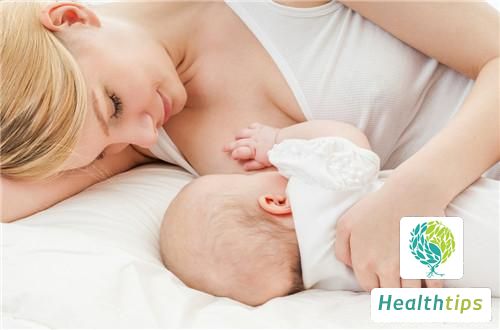Why Do Brown Discharges Appear One Week After Menstruation?
Under normal conditions, women menstruate every month, commonly known as having a period. However, some women may experience bleeding or brown discharge approximately one week after their menstrual cycle ends. This is often attributed to ovulation bleeding. If the bleeding is minimal and resolves within 3-5 days, no special care is typically required. However, if the bleeding persists for more than a week, it is advisable to consult a doctor for further evaluation.

The brown discharge observed one week after menstruation is generally considered to be ovulation bleeding. Typically, ovulation occurs around the fourth, fifth, sixth, or seventh day of the menstrual cycle, so this discharge is often attributed to the hormonal changes that occur during ovulation, resulting in partial shedding of the endometrium and subsequent brownish bleeding. If the bleeding is minimal and short-lived, lasting 3-5 days, it may not require intervention. However, if it persists for longer than a week, it is recommended to seek medical attention for further evaluation.
1. Yin Deficiency with Heat Manifestations: Some individuals may have difficulty gaining weight, with warm palms and feet, especially at night, and no fear of cold in winter. They may also experience early menstruation, irritability, and insomnia. The menopausal symptoms of this type of individual may be more pronounced. Food therapy recommendations include drinking a mixture of 10 grams of Shengdi and 10 grams of Lily bulb soaked in boiling water. Shengdi is a commonly used traditional Chinese medicine for nourishing the liver and kidneys, and modern research has shown that it has hemostatic and antifungal effects, as well as promoting the synthesis of adrenocortical hormones. Lily bulb has the effects of nourishing yin, lubricating the lungs, and calming the mind. This tea has the benefits of nourishing yin and clearing heat, as well as lubricating the lungs and relieving cough. It can be consumed for 10 days after menstruation.
Massage of the Taixi acupoint is also recommended. Taixi is a commonly used acupoint for nourishing the kidneys and clearing virtual heat. It is effective for improving symptoms such as hot flushes, night sweats, weight loss, and insomnia. Gentle massage for 5 minutes on each side, until a slight soreness or tingling sensation is felt, is recommended. Moderate pressure should be applied, gradually increasing over time. This massage can be performed for 10 days after each menstrual cycle.
2. Dampness and Phlegm Constitution: Some individuals may have difficulty losing weight, with a sensation of edema in the lower legs and difficulty walking. Menstruation may be delayed, with excessive vaginal discharge and occasional itching. Food therapy recommendations include drinking a mixture of 10 grams of Chenpi and 15 grams of Poria cocos soaked in boiling water. Chenpi contains volatile oils that gently stimulate the gastrointestinal tract, promoting the secretion of digestive juices and eliminating intestinal gas. Poria cocos promotes healthy spleen and lung function, facilitating the excretion of fluids without damaging vital energy. This tea has the benefits of strengthening the spleen, resolving dampness, eliminating phlegm, and aiding weight loss. It can be consumed for 10 days after menstruation.
Massage of the Fenglong acupoint is also recommended. Fenglong is the primary acupoint for eliminating dampness and phlegm, with effects of strengthening the spleen, resolving dampness, harmonizing the stomach, and reversing qi. Modern research has shown that acupuncture at Fenglong can effectively treat hyperlipidemia (known as dampness and phlegm in traditional Chinese medicine), with most patients experiencing normalization of fasting blood lipids after 2 weeks of treatment. Massage can be performed for 5 minutes on each side after menstruation, until a slight soreness or tingling sensation is felt.
3. Qi Stagnation and Blood Stasis Constitution: Some women may experience severe pain, excessive blood clots, and chest tenderness during menstruation. They may also be prone to irritability and easily develop uterine fibroids, ovarian cysts, and breast hyperplasia. Food therapy recommendations include drinking a mixture of 10 grams of Danggui and 10 grams of Danshen soaked in boiling water. Danggui is a traditional Chinese medicine known for its blood-enriching properties, while Danshen has the effects of promoting blood circulation, removing blood stasis, cooling the blood, and relieving irritation and anxiety. This tea helps to enrich and activate the blood, relieving menstrual pain. It can be consumed for 10 days after menstruation.
Massage of the Ta



















